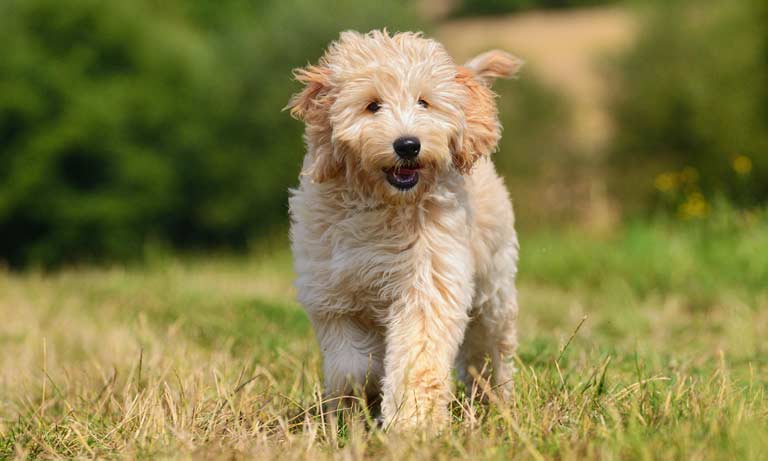Canine hip dysplasia
Understanding inherited hip conditions in dogs.
Understanding inherited hip conditions in dogs.
Hip dysplasia is a common inherited orthopaedic problem where abnormalities occur in the hip joints. These abnormalities include changes to the shape of the hip, ball and socket and the development of osteoarthritis (a common form of arthritis).
Changes to the hip joint will begin at a young age as the puppy starts to become more active and will get worse over time. These changes can lead to excessive wear and tear of the joint, causing one or both hip joints to become defective. At this stage the hip joint(s) may be painful and can have serious effects on the health, behaviour and welfare of the dog.
The severity of hip dysplasia can vary from a poorly shaped hip joint with osteoarthritis (a common form of arthritis) to a very deformed hip joint with advanced and very painful osteoarthritis.
For more in-depth information on hip dysplasia download our leaflet.
Signs of hip dysplasia in dogs vary between individuals and breeds. Some visible signs include:
Lameness (being unable to walk correctly)
Stiffness after rest
A reluctance to exercise
Groaning while resting or getting up
Difficulty in using the stairs
A vet’s physical examination will provide a more reliable assessment of whether hip dysplasia is present and an X-ray is the only definitive way of diagnosing hip dysplasia.
It is possible to ease some of the signs of pain and limitation of movement caused by hip dysplasia. There are a variety of medications and surgical procedures that can be considered. Applied heat, massage, good bedding, exercise and weight management as well as nutrition and physiotherapy also play a part in caring for a dog affected by hip dysplasia.
Talk to your vet if you notice any signs of hip dysplasia.
All pedigree and crossbred dogs can suffer from inherited diseases which are passed on from parent to puppy.
Health testing and screening allows owners and breeders to screen for inherited diseases, the results can then be used to help make sure that only healthy dogs are bred from. Responsible breeders should always health test the dogs they plan to use for breeding. To make sure you are buying a happy and healthy puppy, always ask to see the relevant health test results for both parents.

Visit our CHS help centre to see answers to frequently asked questions.
If you can't find your answer there, you can contact our expert in-house team via email: [email protected]